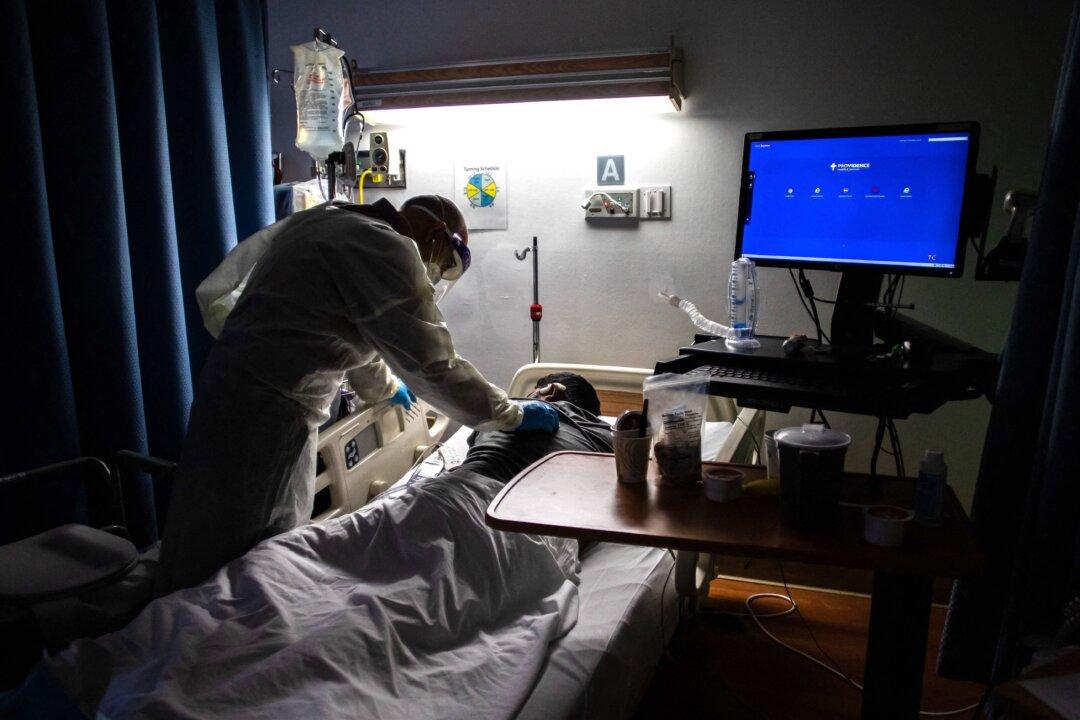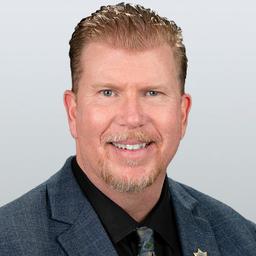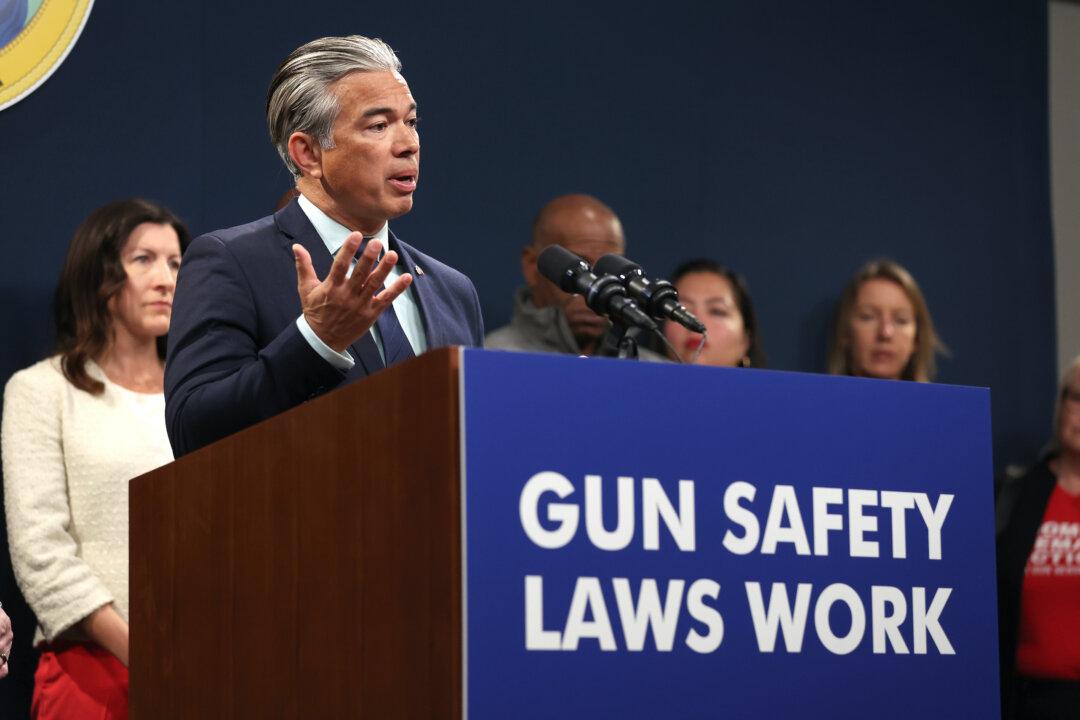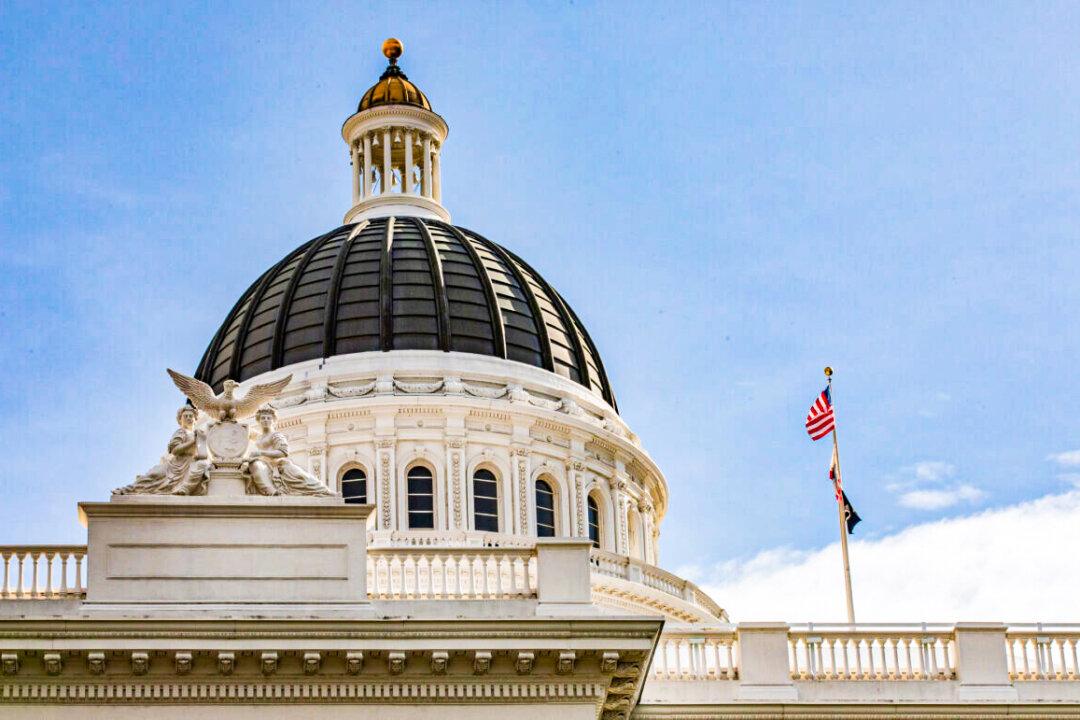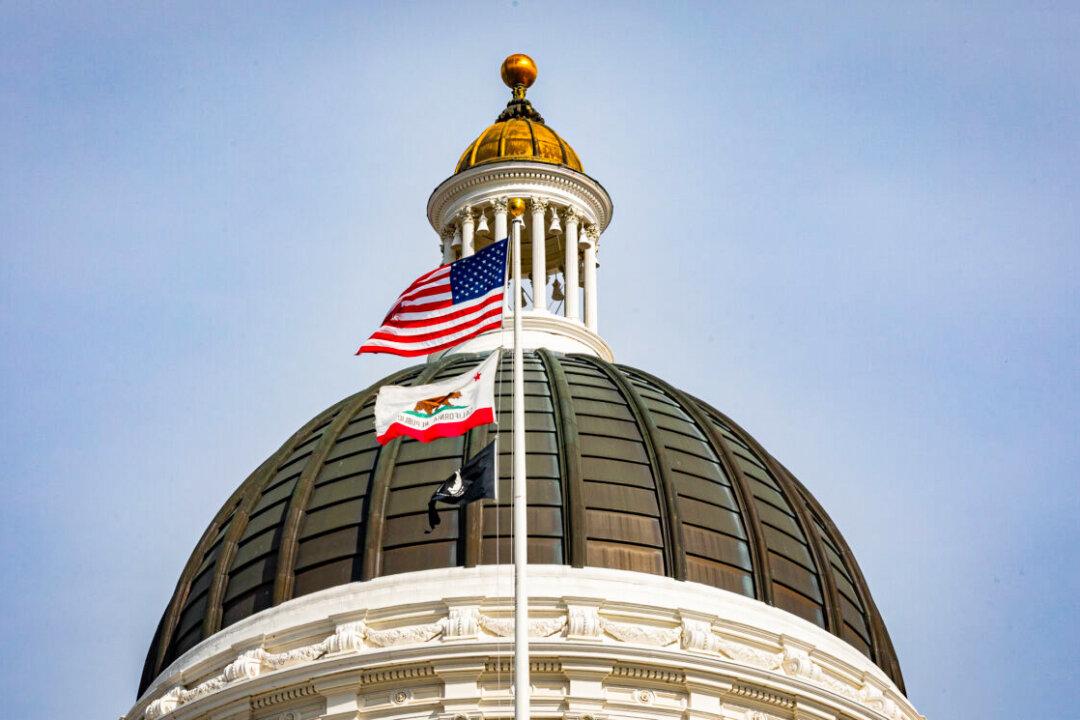Commentary
It is late 2024, and the special agent in charge of the COVID Misinformation Compliance Task Force begins her daily brief by disseminating a list of the days’ five targets to her team of ten sworn peace officers on special assignment from local law enforcement agencies.
